Welcome
I started this blog in 2013 to share my reflections on reading, writing and psychology, along with my journey to become a published novelist. I soon graduated to about twenty book reviews a month and a weekly 99-word story. Ten years later, I've transferred my writing / publication updates to my new website but will continue here with occasional reviews and flash fiction pieces, and maybe the odd personal post.
|
No prizes for guessing why I’ve connected these two novels; I don’t think I’ve ever read another book with gravity in the title – although The Weightless World is about a antigravity machine – and then I find two published in the same month. But rest assured, they’re very different reads: in the first, Lotte feels a stronger pull towards the stars in the sky than her earthly attachments; in the second, love is a force that can furnish reconnections across continents and years.
8 Comments
Two debut novels by women about women reviewing their (successful and stable) marriages in the context of an important relationship for one partner that’s not shared with the other. In the first, the wife’s passion for God and poetry leads her into the mind, arms and eventual bed of a man who isn’t her husband; in the second, the wife, emerging from her grief at her husband’s sudden death, becomes suspicious about the nature of his secret friendship with a woman he’s met on business trips abroad. Both authors employ non-linear structure to good effect.
Would you rather lose the use of your body or lose your mind? Both so dreadful to contemplate; perhaps it’s just as well we don’t get to choose. And neither need we choose in fiction: both these novels about brain degeneration are worth your time. In the first, a concert pianist’s encroaching paralysis due to motor neurone disease is mirrored by the psychological immobility of his ex-wife. In the second, the reader can gradually make sense of the obsessions of a woman with senile dementia through the memories of her family and carers. Painful topics but, for those who need it, these novels provide a note of lightness too.
I couldn’t resist pairing these recently published, unconventionally structured, debut novels about relationships: their intriguing one-word titles are almost interchangeable, with Alice in Asymmetry magnetically drawn to (and later repulsed by) her much older lover and the mother-daughter relationship explored in Magnetism inherently asymmetrical. My reading experience of both was mixed, strongly engaging with the second halves significantly more than the first. See what you think.
Although these two novels couldn’t be more different in tone – the first a literary exploration of a young mother’s development; the second tricksy thriller – I can’t resist pairing them for the other factors they have in common. Both feature thoughtful, philosophising, unnamed narrators; both take as their subject matter how we explore the inside and outside of other people, and ourselves. Both are ambitious and unusual in their approach; both are the author’s second book and a cracking read.
An epic story of cultural change in Uganda and a novella set in an idyllic English community, these debuts have little in common apart from the strange affliction and that I’m happy to recommend them both. In the first, multiple branches of an extended family at the beginning of the twenty-first century are affected by a curse on their ancestor 250 years before. In the second, James probably feels cursed when he wakes up one morning to find he can’t move half his face.
From a day in the life of a city in mourning to a week in a busy hospital, in both these novels a large cast of characters tell not only their individual stories, but the story of the settings that shape their interlinked lives.
Life’s a game of snakes and ladders; we all have our ups and downs. But some people’s snakes are much longer than some other people’s ladders, and some so unlucky on the roll of the dice it’s like they’ve landed in a slithery nest of snakes. If fear or despair hasn’t shut down their emotions, these people are angry, understandably so. And that’s my tenuous link between these novels: the first about a young woman’s sudden blindness and the second about the victims of paedophile priests.
After reading The Things We Thought We Knew shortly before its publication back in June, I decided to hang back for another novel on psychosomatic illness or acquired disability with which to pair my review. But picking up The Burning Girl more recently, I was struck by the commonalities between these two novels, not only in the obvious sense of a girl in her late teens looking back on an intense friendship, but in the depth of disturbance resulting from its loss. As happened when I coupled two novels on male infidelity, discovering the similarities enhanced my appreciation of both. While neither pairing uncovered themes of particular personal relevance for me (which can enhance my enjoyment), the fact that they matter sufficiently for more than one author persuades me that other readers might find more to savour. Do let me know if that applies to you!
Okay, perhaps not the most elegant title to sum up the common thread between these three debut novels from small and innovative independent publishers. But they’re all, in very different ways, about life with a brain or mind that functions a little differently from average. In the first, we meet an elderly voice hearer on a mission to bring hope to his granddaughter. In the second, a retired teacher with dementia is convinced a former pupil can save him from the persecutory antics of his deceased father. The third takes the reader even further into the realms of fantasy as a teenager with unexplained blackouts is drawn into a world she thought existed only in her dreams.
Allow me to introduce you to two novels looking back on Ireland’s recent history through the eyes of a man whose life has been limited by secrets, subterfuge and hypocrisy.
Let’s take a look at a couple of debut novels with some fine evocations of the natural world and a strong sense of place published by small independent presses based in Scotland.
I’ve enjoyed these two novels about how we manage the end of life, the first through old age and the second through assisted dying. Mortality gets us all sooner or later; what better way to face it than with a novelist holding our hands?
Is satire redundant when the World’s Most Powerful Narcissist tweets his outrage at the slightest scratch on his orange-tinged carapace, while She Who Should Be Humbled files for divorce from Europe in the full knowledge that this will leave her dependants economically and morally depleted, and literally humbles the Bejewelled Great-Grandmother by committing her to take her New Suitor for a spin in her horse-drawn carriage? Publication proceeding at a slower pace than populist politics, these two novels – the first set in a dystopian near-future and the second in 2013 – were conceived prior to the dystopia that was 2016 but can still evoke a shudder in these early days of 2017.
Let me introduce you to two novels by established female authors about young people struck down by serious illness, set in the social context of the British National Health Service, the first in its contemporary incarnation and the second at its inception.
 Among Saturday’s headlines, we learn that a middle-aged man is involved in a loving relationship. That’s news? Sadly, it is, when the man is a middle manager (a.k.a. a bishop) in the Church of England and the object of his affection is another man. It’s already feeling too much information when I’m told he’s unmarried and celibate. Oh, so he’s invisibly gay? Cue big sigh of relief? As I’m not a member of the church, and have no desire to become one – although I’ve never been known to forgo the opportunity to sing praises to the guy-in-the-sky in one of their magnificent buildings – perhaps it’s not my business. Except that this hypocritical organisation has a stake, through seats in the House of Lords, in governing my country. Wouldn’t it be nice, until such time as they are abolished, if they adhered to the laws of the land and basic human rights that permit same-sex marriage (an institution the church tends to be particularly fond of) and physical expression of love? But it seems they’d rather avoid a split from their branches overseas (including those countries in which homophobia is sanctioned by the state) than take the moral stance they’d like to claim is theirs.
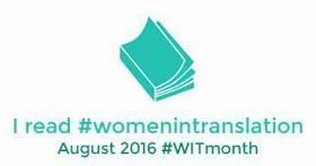 Following the revelation that only about a quarter of literature translated into English is written by women, the book world has decreed August Women in Translation Month. (I seem to have done only slightly better with over a third of the novels on my Goodreads translated fiction shelf being by women.) This post contains reviews of the two translated novels by women I’ve read this month, one from Israel, the other from Spain, and reminders of my two favourites from the five qualifying novels I’ve reviewed earlier this year.
What does the working-class child aspire to? In my case, I couldn’t dream of joining a middle-class profession I’d never heard of. Nor, even though I was addicted to writing from the start, did I believe that someone like me could become an author. Books never seemed to be based in the places with which I was familiar: they were set in boarding schools rather than comprehensives; in country houses rather than a small semi-detached; in cities rather than small industrial towns. So how could I resist a novel set in my birthplace, the small northern town from which my odd accent derives? As if that weren’t enough, I’m offered a novel set where my parents grew up, a similar down-at-heel out-of-the-way place where I had my first restaurant meal. Sixty miles separates these two towns, as well as some breath-taking countryside, as depicted in The Wolf Border, one of my favourite reads from last year. But Workington and Barrow don’t have the beauty of the Lake District. Thanks to Vintage Books and Legend Press, I had the chance to discover whether they could nevertheless shine on the page. I’d be interested in your thoughts on using real places as fictional settings.
I must confess I’m rather suspicious of the word brave. On the one hand, the term is overused, especially when referring to endurance in the face of tragedy. (Is it brave not to succumb when your life is threatened or is the human drive for survival? Do we call people brave to avoid having to empathise fully with the enormity of their trauma or to deny their despair?) On the other hand, I think bravery, even when applied to cases in which the person has a genuine choice whether to act, is overrated. Sure, if I were drowning I’d be grateful to anyone who dived in and rescued me, but if a stranger were in the same situation I’d rather my loved ones didn’t risk their own lives to save them. So it was with some trepidation that I picked up these two novels with the b-word in the title. Read on to see whether the characters’ bravery convinced me. (Incidentally, I wasn’t aware when I decided to pair them based solely on the titles that both are partly influenced by the author’s grandfather’s experience in the Second World War, and both featuring the ordeal of hunger.)
If there’s a genre for translated novels featuring dentistry, early April must be the prime publication slot. While there’s little else to connect these two novels, they got me wondering about teeth in fiction and I couldn’t resist pairing them here. Fever at Dawn is published this week in hardback, while The Story of My Teeth first appeared in English in 2015 and comes out in paperback this week.
|
entertaining fiction about identity, mental health and social justice
Annecdotal is where real life brushes up against the fictional.
Annecdotist is the blogging persona of Anne Goodwin:
reader, writer, slug-slayer, tramper of moors, recovering psychologist, struggling soprano, author of three fiction books. LATEST POSTS HERE
I don't post to a schedule, but average around ten reviews a month (see here for an alphabetical list), some linked to a weekly flash fiction, plus posts on my WIPs and published books. Your comments are welcome any time any where. Get new posts direct to your inbox ...
or click here …
Popular posts
Categories/Tags
All
Archives
March 2024
BLOGGING COMMUNITIES
|
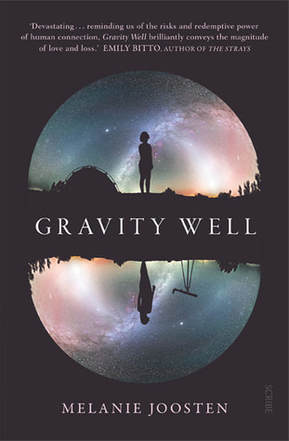
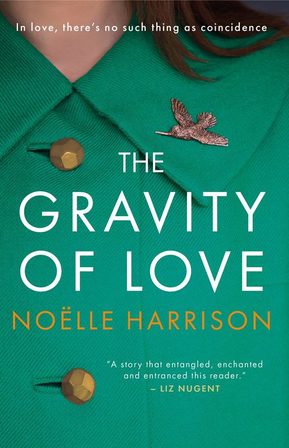
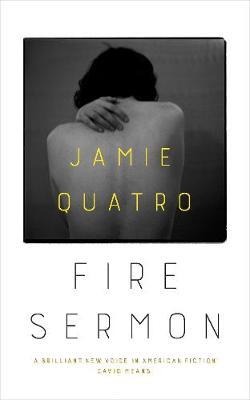
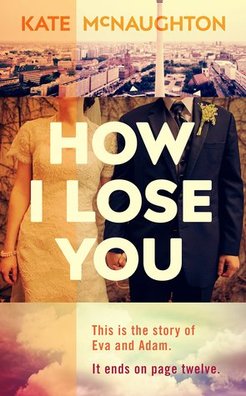
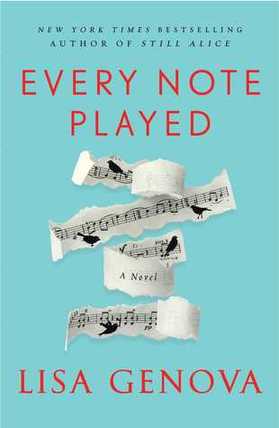
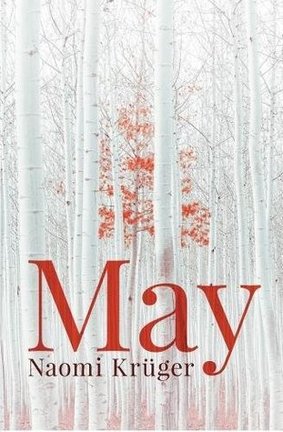
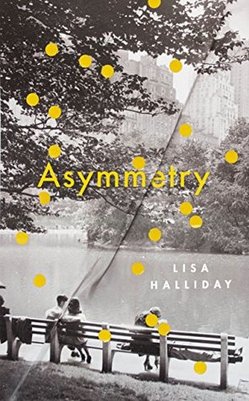

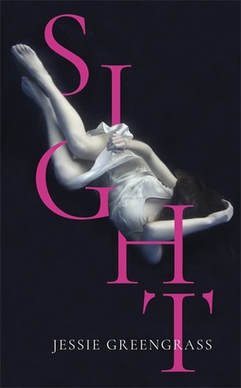


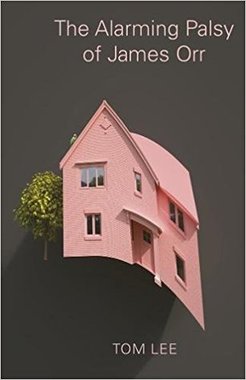

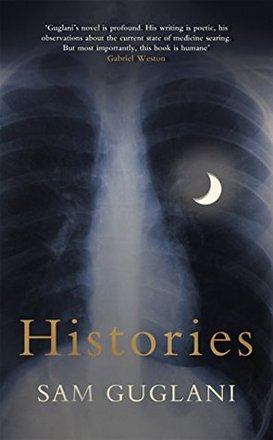
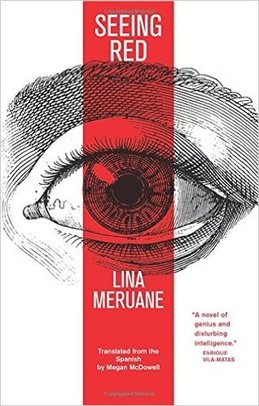
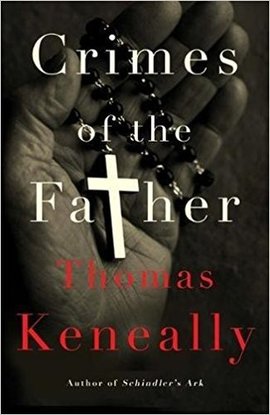

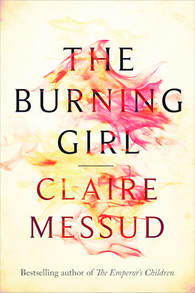
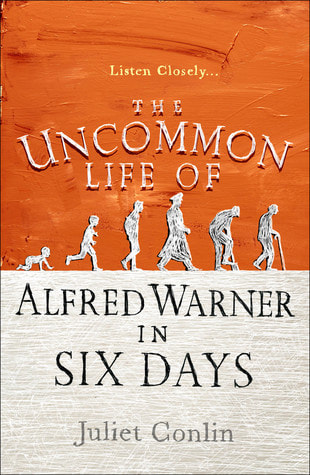
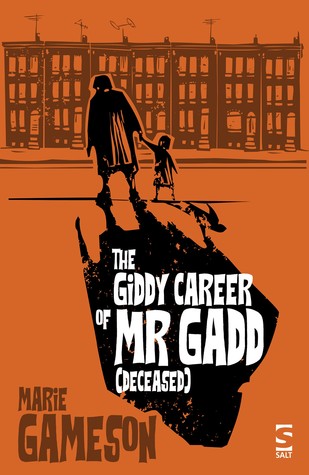
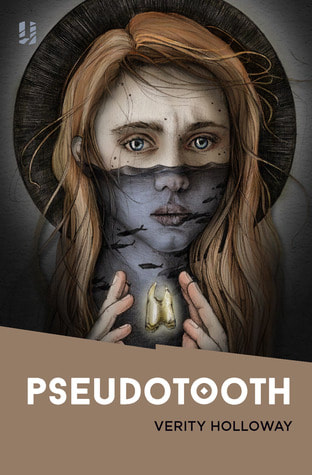

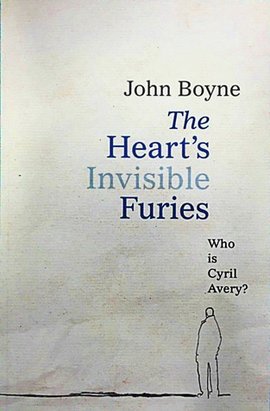
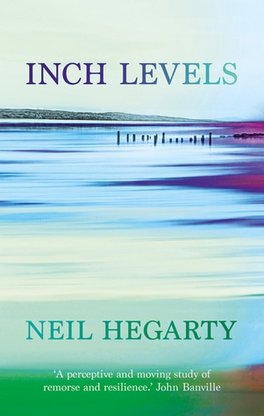
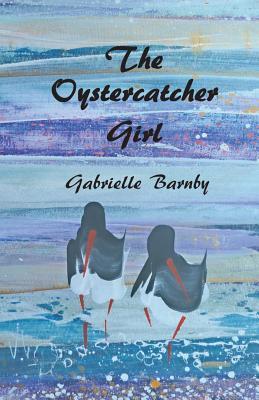
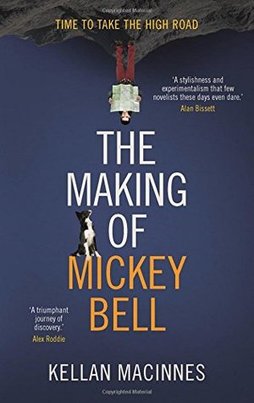
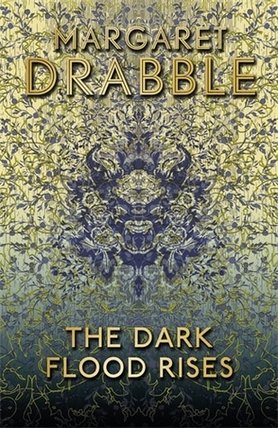
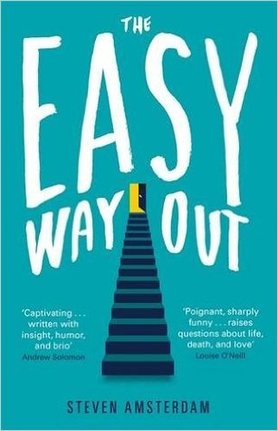
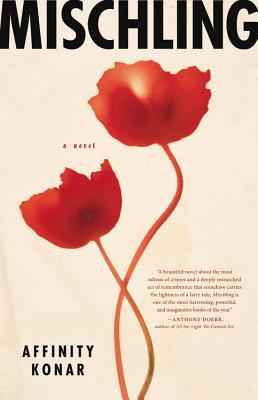

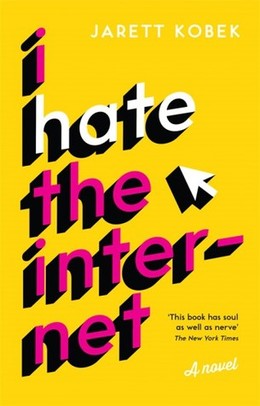

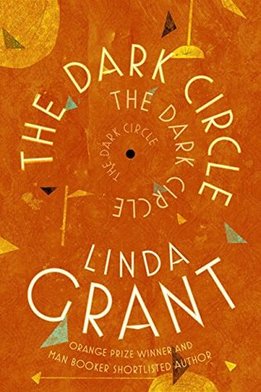
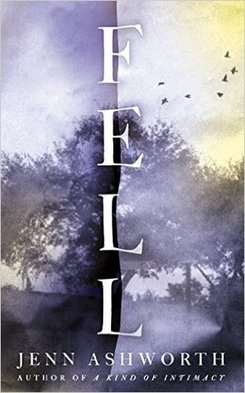
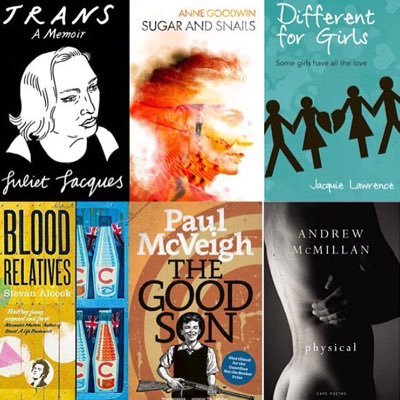
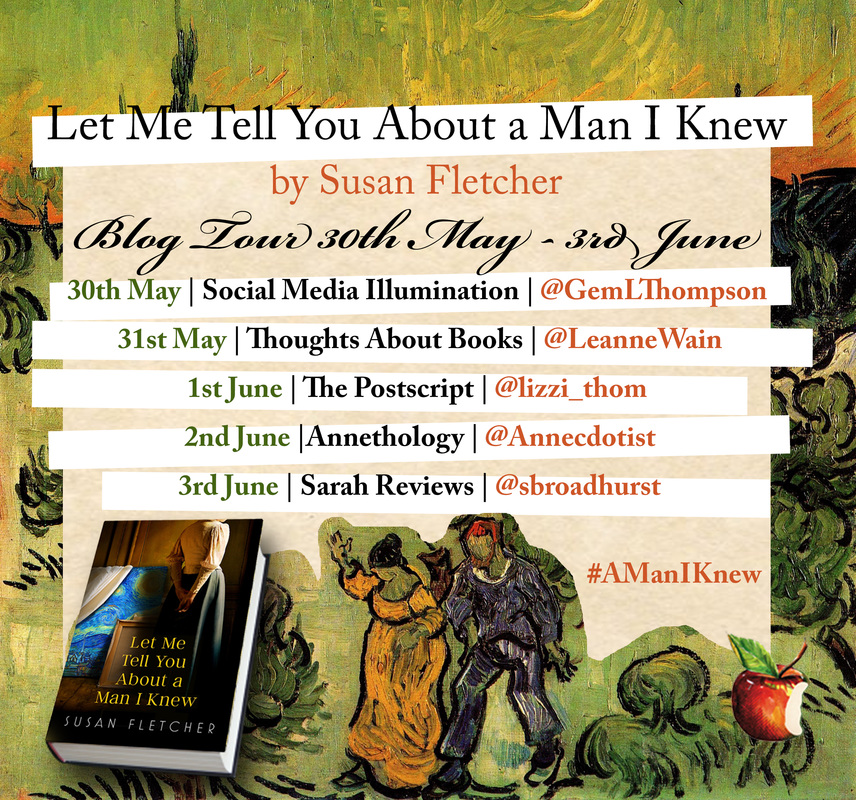
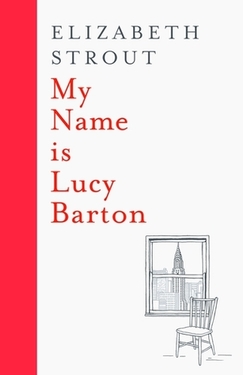
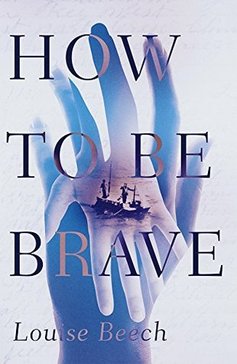
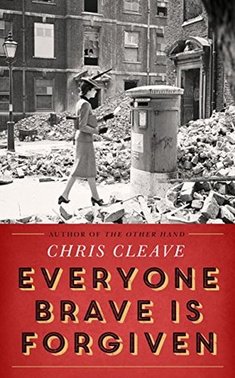
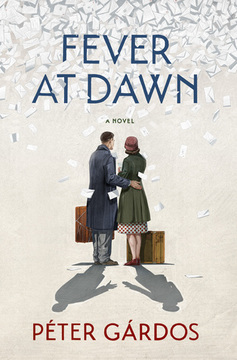
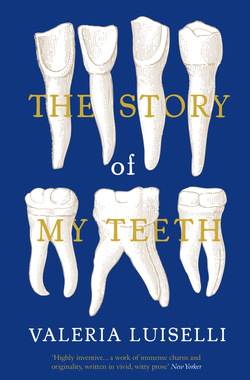





















 RSS Feed
RSS Feed





















